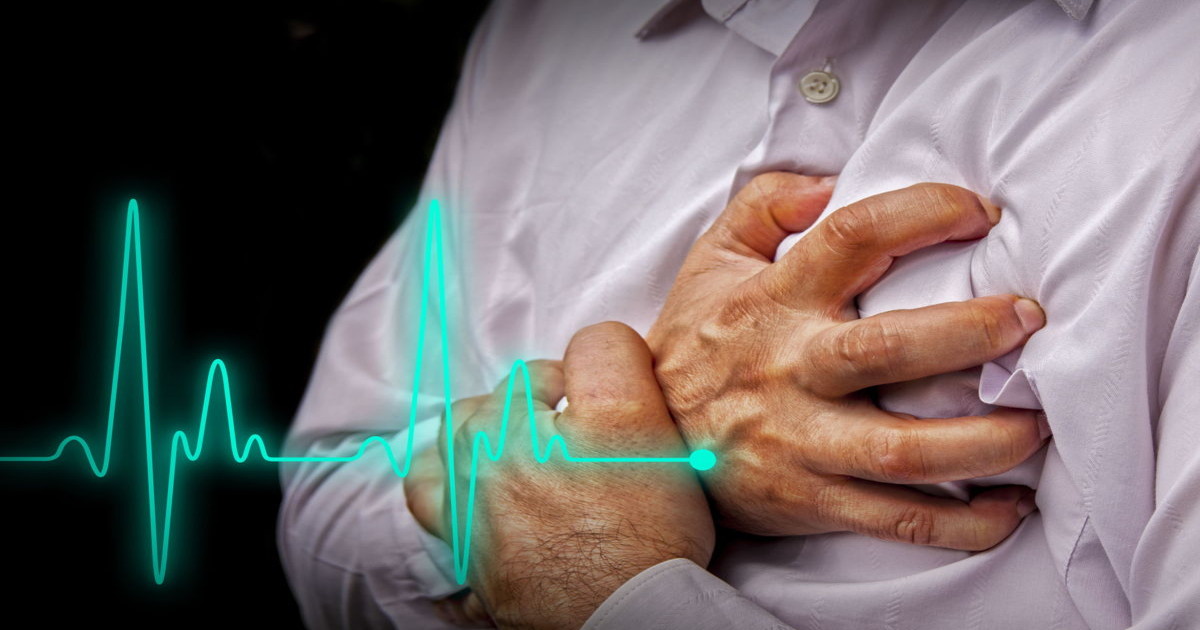Guide To The Symptoms Of Kearns-Sayre Syndrome
Cerebral Folate Deficiency
Cerebral folate deficiency is a symptom in which there is a lower than normal level of 5-methyltetrahydrofolate in a patient's cerebrospinal fluid. Patients with Kearns-Sayre syndrome who have a cerebral folate deficiency may struggle with coordination, and they may have developmental delays, speech difficulties, and cognitive impairments that appear similar to autism. This deficiency could also cause seizures and low muscle tone for some patients. Symptoms associated with a cerebral folate deficiency typically begin within the first year of a patient's life. To detect this type of deficiency, patients will have a lumbar puncture (spinal tap) performed to obtain a sample of cerebrospinal fluid for testing. If a cerebral folate deficiency is confirmed, supplementation with high doses of folinic acid for a prolonged period has been shown to be effective as a treatment option. Patients with this deficiency are normally assessed and treated by a neurologist.
Continue reading to reveal more indicators of Kearns-Sayre syndrome now.
Cardiac Conduction Deficits

Cardiac conduction deficits are especially common in patients with Kearns-Sayre syndrome, and the severity of the deficits often varies for each patient. Also called a heart block, a mild form of cardiac conduction deficit occurs when the two uppermost chambers of the heart beat normally, but the two lower chambers beat slightly later than they should. For patients with more severe heart blocks, only twenty-five to fifty percent of the heartbeats from the upper chambers are transmitted to the lower chambers of the heart. In the most severe form of heart block, also known as complete heart block, the upper and lower chambers of the heart beat separately from each other. These types of cardiac conduction deficits can cause syncope, shortness of breath, and arrhythmia, and they also increase a patient's risk of sudden cardiac death. To evaluate these deficits, cardiologists generally perform electrocardiograms, echocardiograms, and other specialized heart tests. Patients will need to have these tests repeated at regular intervals to check for potential complications, and some patients may need medication or surgery to treat arrhythmias.
Discover additional Kearns-Sayre syndrome symptoms now.
